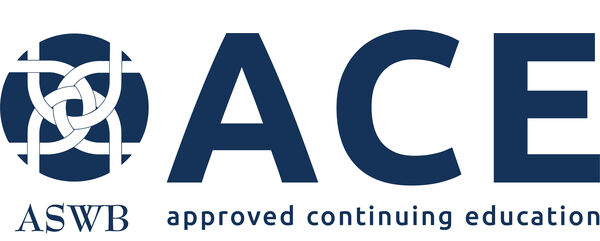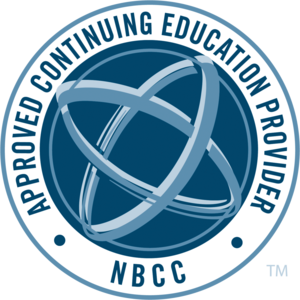High-Achieving Asian American Adolescents and Suicide: The Need for Culturally Sensitive Suicide Intervention Approaches in Schools, A Case Study (1 credit hour)
Program Summary: This course examines suicide risk and cultural variation among high-achieving Asian Americans. The course explores cultural and family factors and offers examples of acculturation, acculturative stress, stereotype, obligatory stress, and cultural humility. A case example of a high-achieving Asian American adolescent in a large high school is presented. Recommendations for clinical interventions are provided.
This course is recommended for social workers and counselors and is appropriate for beginning and intermediate levels of practice.
Course Reading: High-Achieving Asian American Adolescents and Suicide: The Need for Culturally Sensitive Intervention Approaches in Schools, A Case Study
Authors: Jessica Chock-Goldman
Publisher: Advances in Social Work
Additional Reading: Risk and Protective Factors: Asian, Native Hawaiian, and Other Pacific Islander Populations
Publisher: Suicide Prevention Resource Center
Course Objectives: To enhance professional practice, values, skills and knowledge by exploring high-achieving Asian American adolescents, cultural factors, and suicide risk.
Learning Objectives: Identify risk factors for high-achieving Asian American adolescents and suicide. Describe how cultural factors relate to suicide risk . Identify clinical recommendations for working with Asian American adolescents.
Review our pre-reading study guide.
G.M. Rydberg-Cox, MSW, LSCSW is the Continuing Education Director at Free State Social Work and responsible for the development of this course. She received her Masters of Social Work in 1996 from the Jane Addams School of Social Work at the University of Illinois-Chicago and she has over 20 years of experience. She has lived and worked as a social worker in Chicago, Boston, and Kansas City. She has practiced for many years in the area of hospital/medical social work. The reading materials for this course were developed by another organization.





